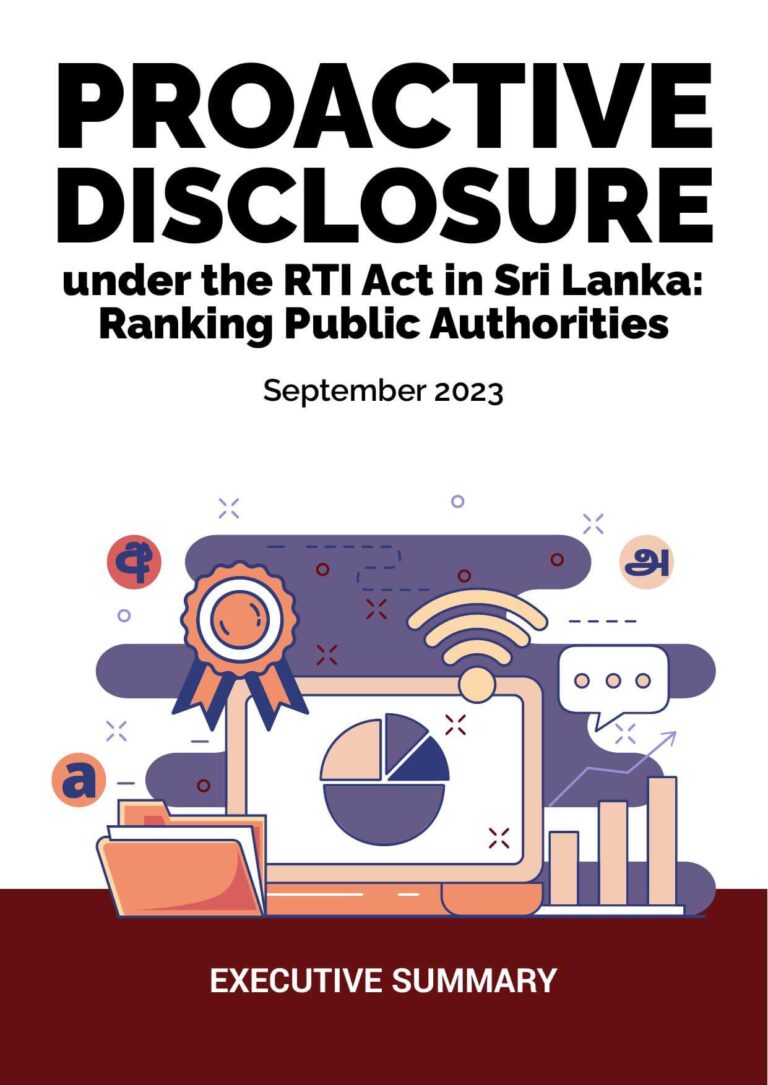
English Executive Summary : Online Proactive Disclosure under the RTI Act in Sri Lanka
Verité Research developed the methodology for this assessment in 2017 with the support of the World Bank and assessed the compliance of 55 public authorities with their online proactive disclosure requirements under the RTI Act. The same methodology was adopted in relation to the 29 cabinet ministries and the Offices of the President and Prime Minister as of July 2022, for the period 01 December 2022 to 31 December 2022.
The methodology for the study was based on the legal requirements for proactive disclosure set out under sections 8 and 9 of the RTI Act, and Regulation No. 20 under the Act. This executive summary provides a snapshot of the findings of the report.
- Research Briefs
